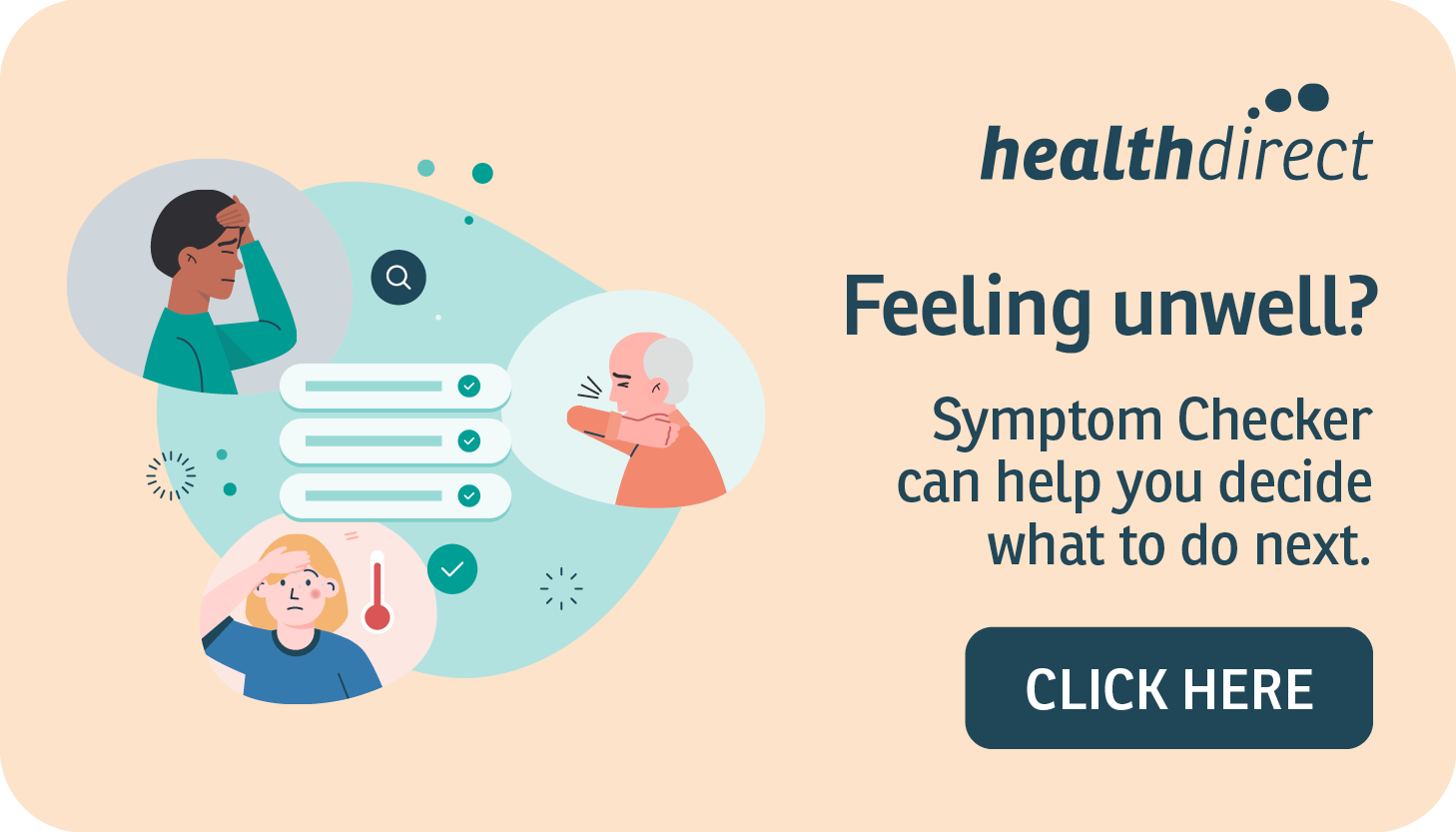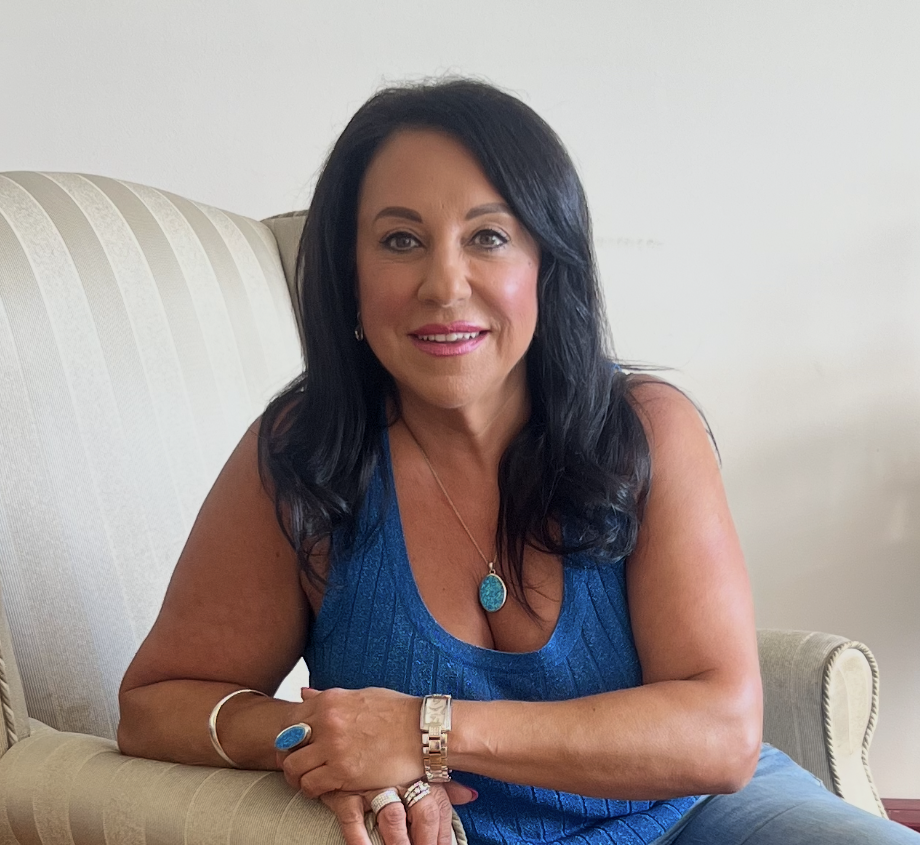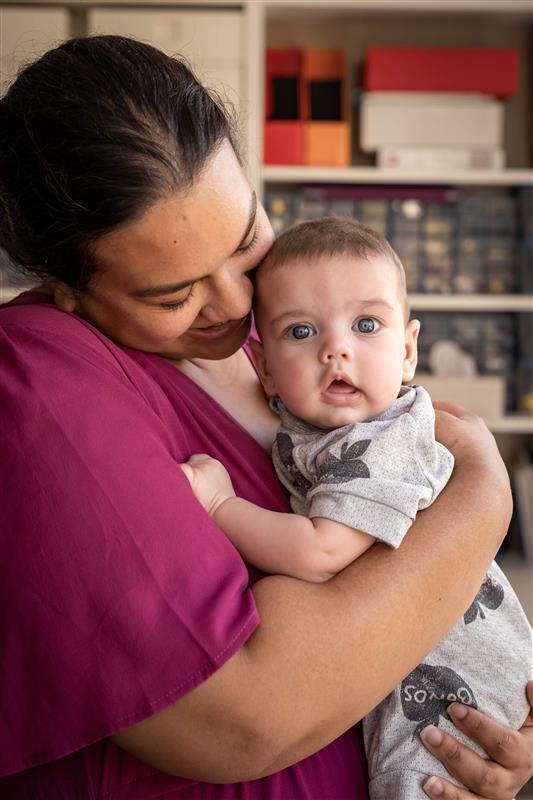In January 2019 I suffered an early pregnancy loss. I had no idea how physical the experience would be and how much it would impact me emotionally. At the time I wrapped up my feelings in a nice little box, told myself all the clichés you hear in movies “it wasn’t meant to be”, “there must have been something wrong “, etc. It wasn’t until weeks later that I realised I was close to tears and feeling weepy more regularly than normal. At that point, I started seeing a counsellor who began to help me work through my emotions connected to the hopes and dreams I had planned for my second pregnancy.
I fell pregnant again in May 2019 and worked hard not to let the pregnancy loss tarnish the joy and excitement of another pregnancy. Thankfully, my third pregnancy went relatively smoothly until January 2020 at 35 weeks pregnant. After a particularly stressful week with bushfires raging close to our farmland in south east NSW, a tragic accidental death on our property, and months of drought and smoke, I noticed my little girl wasn’t moving as regularly as normal. We decided to go straight to the hospital when my 3 year old cheerfully told me after talking to my belly, “Mummy, Frankie is coming today”. At our local hospital they confirmed her foetal movement had slowed and her heart rate was over 170 beats per minute. My husband was sent home (a 40 min each way trip) to pack a bag for us to go to Canberra for overnight monitoring. We were told there was no rush and that the ambulance that would take me to Canberra hospital would be a couple of hours away.
The hope was that I was dehydrated, but after administering IV fluids nothing changed. Suddenly, I was to be rushed to Canberra Hospital (1.5hrs away) with lights and sirens to deliver my baby. The doctors were worried her heart would give up. My husband was 20 mins away and unlikely to catch the ambulance. I was alone and in complete denial.
My first experience of child-birth was so calm – a text book natural birth, no drugs, little pain and a relatively short labour. This was the opposite. The ambulance ride in itself was terrifying. I will never get the sound of those sirens out of my head. Every time I hear them in the street, I’m taken back to that ride. In Canberra the surgeon met me in the carpark and I was rushed Grey’s Anatomy style on a stretcher through the corridors signing documents and removing jewellery as I went. All the doctors and nurses (about 15 in the room) were incredibly warm and friendly, particularly given I was there alone. I was given an epidural and a few minutes later there she was squalling her little lungs out, those cries filling me with relief. They worked on her for what felt like forever and then she was presented to me, swollen, pink and tiny at 2.3kgs. She was breathing on her own but she needed to go to NICU for extra support. My husband arrived shortly after she was taken upstairs, announcing that this was the last time we’d be going through that! We had a quick cuddle and he was taken upstairs to meet our newest little lady.
We ended up spending 2.5 weeks in hospital mainly so she could be tube fed while she learnt to breastfeed. For the first week I was unable to room with her and spent my days pumping 3hrly round the clock and practicing breastfeeding. Losing complete control of our lives was incredibly disarming and our resilience was tested daily. We were so lucky though, she had very little medical intervention and, at 10 months old, she is meeting her developmental milestones. We were surrounded by professional and kind medical staff and supported by both our families who looked after our eldest, Harriette not quite 3 years old.
The trauma experienced in one day does not go away overnight. I discovered the Gidget Foundation through my local NSW Member, the Hon. Bronnie Taylor MLC and knew it was what I needed to process this journey. Being located rurally, it is always difficult to access services with long wait times and often having to travel. The ‘Start Talking’ program has changed all of that. As a mum juggling two girls, the convenience of being able to have professional counselling sessions in the comfort of my own home while my baby sleeps, has made all the difference. It’s allowed me to focus on my mental health when usually that was put to the end of the list or in the too hard basket. I’m so grateful for the support available and for having the courage to be proactive about my mental wellbeing.
Kate's Story Update 2024
During my first baby's first year, I experienced a lot of anxiety. Although I was told I was coping well, I didn't seek support. It wasn't until I lost my second pregnancy that I felt justified in seeking help. Counselling helped me process the loss and prevented me from transferring my grief into anxiety during my next pregnancy.
My third baby arrived unexpectedly, and I had to undergo an emergency caesarean without my husband present. She was taken to the NICU for her first few weeks, and while we were supported during that time, returning home to care for our premature baby alone was challenging. The birth trauma manifested later in postnatal rage, causing me to shut down emotionally and focus solely on caring for my baby. However, my emotions eventually overwhelmed me, especially during the height of the pandemic, and I directed much of my anger at my husband.
Thanks to Gidget Foundation Australia, I was able to process the trauma and develop coping strategies to manage my anxiety and rage. Without this support, I wouldn't have been able to try for our third daughter, experience a successful VBAC, and truly enjoy her first year.
If I could go back, I would seek support from the beginning and not feel ashamed or weak for needing it. I would embrace the personal growth that comes with becoming the mother I aspire to be. Remember, only you can save yourself, and your mental health is worth prioritising, not just for your children but for yourself.
Kate's Story
Please submit your details below and we will be in touch soon.
Related Fact Sheets

a new mum's story
this Christmas




























.png)

